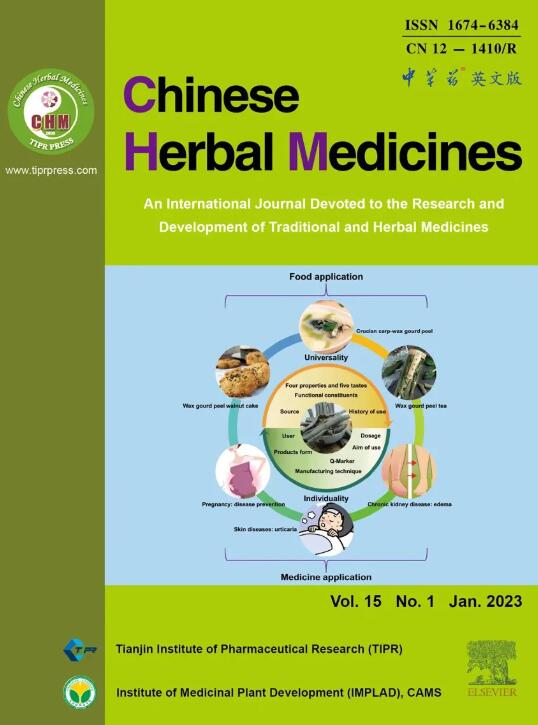Unveiling secrets of traditional Chinese medicine: Cutting-edge techniques in component analysis
IF 8.9
4区 医学
Q1 CHEMISTRY, MEDICINAL
引用次数: 0
Abstract
Chemical component analysis is a critical challenge in Chinese herbal medicine research, involving the qualitative and quantitative identification of complex constituents in traditional Chinese medicine (TCM). However, traditional analytical methods are insufficient for efficient and comprehensive analysis of complex composition of TCM. Limitations exist in sample preparation, instrumental technology, data processing, and activity-related quality marker research. Recent advancements have significantly improved analytical precision, enabling more comprehensive profiling of TCM components. New pretreatment methods improve extraction efficiency and detection sensitivity, while novel instrumental technologies, such as mass spectrometry imaging, preserve spatial information lost in homogenization. AI enhances data interpretation, improving accuracy and efficiency. Online activity analysis links chemical composition with bioactivity, overcoming the limitations of purely chemical profiling and enabling a more comprehensive evaluation of TCM efficacy. This perspective provides an overview of the development trends in component analysis, aiming to advance the field and support TCM modernization.
揭开中药的秘密:成分分析的尖端技术
化学成分分析是中药研究中的一个重要课题,涉及中药复杂成分的定性和定量鉴定。然而,传统的分析方法不足以对中药复杂成分进行高效、全面的分析。在样品制备、仪器技术、数据处理和与活动相关的质量标记研究方面存在局限性。最近的进展显著提高了分析精度,使中药成分的分析更加全面。新的预处理方法提高了提取效率和检测灵敏度,而新的仪器技术,如质谱成像,保留了均质化过程中丢失的空间信息。人工智能增强了数据解释,提高了准确性和效率。在线活性分析将化学成分与生物活性联系起来,克服了纯化学分析的局限性,使中药疗效的评估更加全面。这一视角概述了成分分析的发展趋势,旨在推动该领域的发展,支持中医药现代化。
本文章由计算机程序翻译,如有差异,请以英文原文为准。
求助全文
约1分钟内获得全文
求助全文
来源期刊

Chinese Herbal Medicines
CHEMISTRY, MEDICINAL-
CiteScore
4.40
自引率
5.30%
发文量
629
审稿时长
10 weeks
期刊介绍:
Chinese Herbal Medicines is intended to disseminate the latest developments and research progress in traditional and herbal medical sciences to researchers, practitioners, academics and administrators worldwide in the field of traditional and herbal medicines. The journal's international coverage ensures that research and progress from all regions of the world are widely included.
CHM is a core journal of Chinese science and technology. The journal entered into the ESCI database in 2017, and then was included in PMC, Scopus and other important international search systems. In 2019, CHM was successfully selected for the “China Science and Technology Journal Excellence Action Plan” project, which has markedly improved its international influence and industry popularity. CHM obtained the first impact factor of 3.8 in Journal Citation Reports (JCR) in 2023.
 求助内容:
求助内容: 应助结果提醒方式:
应助结果提醒方式:


